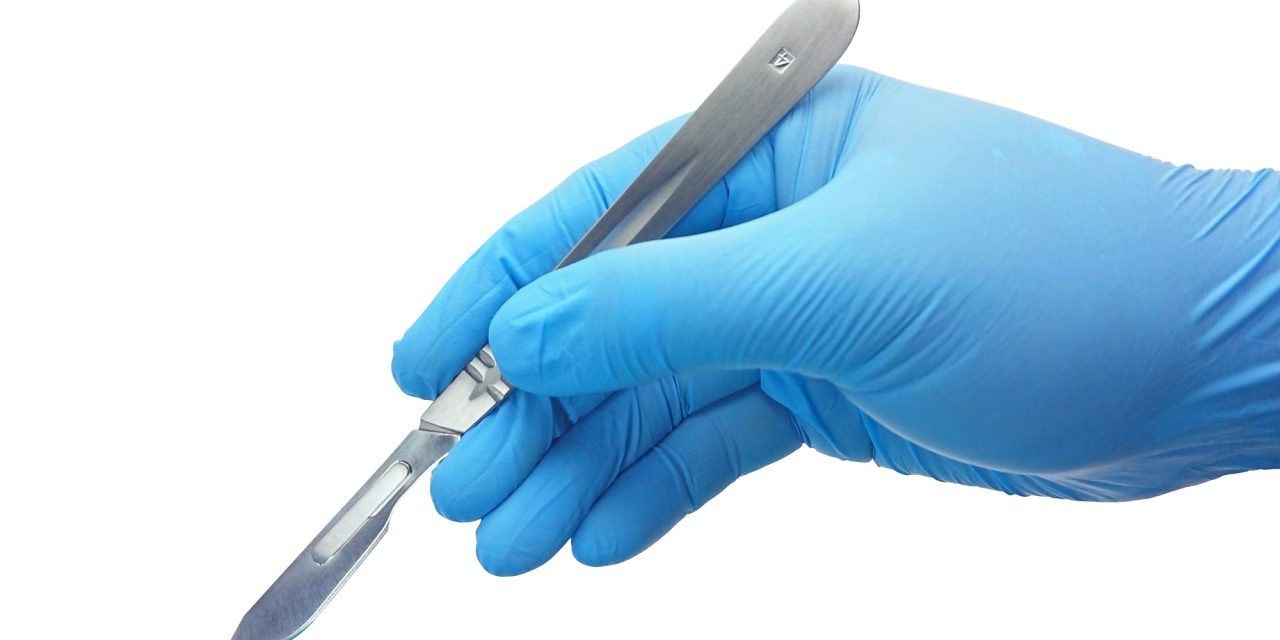As the demand for cosmetic surgery continues to rise, plastic surgery programs and the training core curriculum have evolved to reflect these changes. This study aims to evaluate the perceived quality of current cosmetic surgery training in terms of case exposure and educational methods.
A 16-question survey was sent to graduates who completed their training at a U.S. plastic surgery training program in 2017. The survey assessed graduates’ exposure to cosmetic surgery, teaching modalities employed and their overall perceived competence. Case complexity was characterized by the minimum number of cases needed by the graduate to feel confident in performing the procedure.
There was a 25% response rate. The majority of respondents were residents (83%, n=92) and the remaining were fellows (17%, n=18). Almost three quarters of respondents were satisfied with their cosmetic training. Respondents rated virtual training as the most effective learning modality and observing attendings’ patients/cases as least effective. Perceived competence was more closely aligned with core curriculum status than case complexity, i.e. graduates feel more prepared for core cosmetic procedures despite being more technically difficult than non-core procedures.
Despite the variability in cosmetic exposure during training, most plastic surgery graduates are satisfied with their aesthetic training. Incorporation of teaching modalities, such as virtual training, can increase case exposure and allow trainees more autonomy. The recommended core curriculum is adequately training plastic surgery graduates for common procedures and more specialized procedures should be consigned to aesthetic fellowship training.
Graduate perception of cosmetic surgery training in plastic surgery residency and fellowship programs.


